This guide looks at the various ages for children that have some relevance to safeguarding.
Overview
The legal definition of a child in England, Wales and Northern Ireland is someone who has not yet reached their 18th birthday. On reaching 18 a person legally becomes an adult. In Scotland the principle is generally the same. However, in some legal proceedings a child can be defined as a person under 16 years of age. Treating a person who is under 18 years as a child, is in keeping with Article 1 of the United Nations Convention of the Rights of the Child which states that “a child means every human being below the age of eighteen years unless under the law applicable to the child, majority is attained earlier”.
Whilst in the eyes of the law the definition of a child is clear, there are many age-related laws, regulations and restrictions across the UK which may affect and impact on child safeguarding. Below we take a look at a number of areas and ages which have some relevance to safeguarding, even those with rather tenuous links.
- A child must attend school or be home educated. Most children start school full-time the September after they turn 4.
- The age of criminal responsibility in Scotland. However, the age at which a child can be prosecuted is 12 years. Children between 8 and 11 years who have acted criminally are viewed as being vulnerable and will be referred to a social worker, potentially leading to a 'non-offence grounds' Children’s Hearing. This child protection meeting involves a panel of professionals who will make decisions on how the child and their family can be supported. This can include a compulsory supervision order, but this does not count as a criminal record.
- The age of criminal responsibility in England, Wales and Northern Ireland. The law says that a child who has reached 10 years is capable of committing a crime and can therefore be arrested, be charged and face trial. A child under 10 who ‘commits’ a criminal act can be given a Local Child Curfew or a Child Safety Order. A Local Child Curfew allows police to ban the child from being in a public place between 9pm and 6am, unless accompanied by an adult. If the child breaks their curfew, they can be given a Child Safety Order, placing them under the supervision of a Youth Offending Team
- The age at which a child can be placed in secure accommodation. A local authority is required to obtain the approval of the Secretary of State before placing a child under the age of 13 in a secure children’s home. This also applies where a LA uses their ‘emergency 72 hours’ power. Whilst using the emergency provision does not need the authority of the court, they will still first need to obtain approval from the Secretary of State for Education where the child is under 13.
- Can be given an Anti-Social Behaviour Order (ASBO) – E, W & NI
- The age at which a child can be prosecuted in Scotland (age of criminal responsibility is 8 years). Children can also be referred to a Children's Hearing on 'offence grounds'. This is a child protection meeting involving a panel of professionals who will make decisions on how the child and their family can be supported. This can include a compulsory supervision order. This can become part of a criminal record.
- Can be sent to a Secure Training Centre (STC). Cannot receive a Detention and Training Order unless they fall within the definition of a persistent offender.
- Can see unaccompanied, a film certified by the British Board of Film Classification as a 12A, unaccompanied in a cinema.
- Can rent or buy a video release suitable for 12 years and over.
- Can be sold a PEGI 12 rated video game.
- Can be given an Anti-Social Behaviour Order (ASBO) – Scotland
- In Scotland can register as an organ donor without a parent’s consent. 18 years elsewhere in the UK.
- Minimum age children can carry out part-time work, but for a limited number of hours (subject to local bye-laws and permits). Children cannot work in inappropriate or dangerous occupations e.g. pubs, clubs, betting shops, factories and industrial sites. They should not work before 7am and after 7pm. There are rules that determine term time and school holiday working. Exceptions to the minimum age include children who work in modelling or in entertainment e.g. theatre, film or television. A performance licence will be required.
- Responsible from wearing their own seatbelt.
- Can ride an electrically assisted pedal cycle.
- Can see a 15 certificated film at the cinema. Can also view, rent or buy a 15 rated DVD/Blue Ray.
- Can work up to 8 hours on a Saturday between 7.00am and 7.00pm.
- If convicted of a serious crime can receive an increased sentence and be given a Detention and Training Order. Can be sent to a Young Offenders Institute for up to two years.
- Age that a person can legally consent to sexual intercourse/activity in the UK.
- Can leave home without a parent or guardian's consent.
- Can get married in Scotland (civil partnership) from the age of 16, with or without parental consent.
- Can choose to leave care.
- Can join the Army (can start the application at 15 years, 7-months) with parental consent.
- Can join the Royal Air Force with parental consent.
- School leaving age in England – a person can leave school on the last Friday in June if they are 16 by the end of the summer holidays. They must then do one of the following: stay in full-time education, start an apprenticeship or traineeship, spend 20 hours or more a week working or volunteering, while in part-time education or training.
- School leaving age in Scotland –a person can leave school after 31st May, if they turn 16 between 1st March and 30th. If they turn 16 between 1st October and the end of February, they can leave at the start of the Christmas holidays in that school year.
- School leaving age in Wales – a person can leave school on the last Friday in June, as long as they are 16 by the end of that school year’s summer holidays.
- School leaving age in Northern Ireland – a person can leave school after 30th June if they turn 16 during the school year (between 1st September and 1st July). If they turn 16 between 2nd July and 31st August, they can’t leave school until 30th June the following year.
- Are entitled to a minimum wage of £4.35 per hour if working.
- Can apply for their own passport (3 weeks before their 16th birthday).
- Can change name by deed poll without parental consent.
- Can consent to medical, dental and surgical treatment (can be before, subject to Gillick and Frazer guidelines).
- Can be sold a PEGI 16 rated video game.
- Can consume (not purchase) alcohol in licensed premises if accompanied by an adult and as part of a table meal – E&W. In Scotland can buy and consume beer, wine or cider with a meal in a restaurant, at the manager's discretion. In Northern Ireland no person under 18 can buy or consume alcohol in licensed premises.
- Can play the various lotteries. There are currently plans to raise the age a person can buy lottery scratch cards from 16 to 18.
- Can apply and hold a licence to drive a moped.
- Can buy a pet.
- Can apply for a provisional driving licence and learn to drive (can apply for the licence 2-months before 17th birthday). Once a person has passed their test, they can drive on a full licence.
- Can join the Royal Navy with parental consent.
- Children leaving care at 18 are entitled to continued support from their local authority until they are at least 21.
- Legally becomes an adult.
Four popular things a person under 18 cant do:
- Buy cigarettes and tobacco.
- Get a tattoo.
- Gamble (but can do the lottery at 16).
- Buy fireworks.
Core Principle – Police have a duty under Section 11 of the Children Act 2004 “to make arrangements to ensure that in discharging their functions, they have regard to the need to safeguard and promote the welfare of children”.
Definition of a child – Originally under the Police & Criminal Act (PACE) 1984, children or a young person were referred to as juveniles, being any person who was under the age 17 or who appeared to be under the age of 17. However, as of October 2015, Section 42 of the Criminal Justice and Courts Act 2015 extended the definition of ‘juvenile’ for the purposes of PACE to include any child or young person who appears to be under the age of 18.
Children should not routinely be kept in the police station overnight, after they have been charged with a criminal offence. Children refused bail should be transferred from the police station to local authority accommodation. The legislation that covers this area is Section 38(6) Police and Criminal Evidence Act (PACE) 1984.
Where a child is arrested for an offence and subsequently charged, the custody officer, the officer in charge of a police custody area, can either grant the child bail to attend court, or refuse bail and keep the child in custody pending their first court appearance. The starting point for any custody officer is that any person, child or adult has a presumed right to bail. However, bail can be refused if there are reasonable grounds to believe that any of the following conditions apply:
- the child’s identity is doubted or not known
- that the child will fail to appear at court
- to prevent the child committing further offences (but only applies where the child has been charged with an imprisonable offence
- if it is necessary to prevent the child from causing injury to any other person or causing loss or damage to property
- to prevent interference with the administration of justice or the investigation
- for the child’s own protection
- that it is necessary to take a sample under the PACE (age 14+ only)
- of the child is charged with a serious violent/sexual offence (as listed in section 25(2) Criminal Justice and Public Order Act (CJPOA) 1994) and they have previously been held in youth detention for any listed offence and there are no exceptional circumstances to justify bail.
The application to refuse bail and keep the person in custody is made by the officer(s) investigating the offence(s). The custody officer should be impartial when considering the above criteria, being mindful that they have a duty under Section 11 Children Act 2004 to safeguard and promote the welfare of all persons under the age of 18. Where bail is refused under 1 or more of the above criteria there is a duty placed on the custody officer to transfer the child to local authority accommodation, rather than keeping them in a police cell or detention room overnight. However, this doesn’t have to take place where a custody officer certifies that:
- it is impracticable to move the child to local authority accommodation; or
- the arrested child has attained the age of 12 and no secure accommodation is available and keeping the child in non-secure local authority accommodation would not be adequate to protect the public from serious harm from the child. Non-secure accommodation would include Foster care or children’s home.
If it is deemed impracticable to transfer a child, the custody officer must complete a Juvenile Detention Certificate which must then be produced to the court explaining why the transfer was not possible and child was kept in a police cell overnight.
Children (under 18) who become witnesses in criminal cases are automatically eligible to apply for special measures. The court just has to satisfy itself that any special measure is likely to maximise the quality of the child’s evidence before granting an application. Special measures can include:
- support of an intermediary
- giving evidence in private by clearing the courtroom of members of the public
- removal of wigs and gowns by judges and lawyers
- giving evidence in court from behind a screen
- use of video recorded evidence in chief
- giving evidence via live video link from a separate room
- the use of pre-trial video recorded cross-examination
- using of aids to communication by means of an interpreter, computer or other device
- Once a child reaches 16 years the offences of Section 1 Child Abduction Act (parental child abduction) and Section 2 Child Abduction Act (non-parental child abduction) can no longer be committed.
Top social media platforms popular with children. Please note, these are the age limits set by the platforms. Notoriously most platforms have diabolical age verification systems. We recommend that you visit Common Sense Media for a more realistic and unbiased view.
13 years
- AskFm
- BBM
- Bebo
- Discord
- Flickr
- Foursquare
- Google+
- Habbo
- Houseparty
- Kik Messenger
- Live Me
- Meet Me
- Monkey
- Musical.ly
- MySpace
- Omegle
- Periscope
- Snapchat
- Tagged
- TikTok
- Tumblr
- Vimeo
- Whisper
- YouNow
- YouTube
- Yubo
16 years
- Amino
- GroupMe
17 years
- Monkey
- Whisper
18 years
- Live.me
In the Sexual Offences Act 2003 (England & Wales) a child is any person under the age of 18 years. However, there are specific offences relating to two age groups – under 16 and under 13. These are relevant around issues of consent. Similar overlapping legislation exists in Scotland and Northern Ireland. Below are the offences that relate to age:
Under 16
It is an offence for anyone to have any sexual activity with a person under the age of 16. However, Home Office guidance makes it clear where this involves mutually agreed sexual activity between age appropriate teenagers (13 to 15 years) then prosecution would be inappropriate, providing there is no abuse or exploitation. Safeguarding referrals may be required.
Under 13
The Sexual Offences Act 2003 (England & Wales) provides specific legal protection for children aged 12. A child under 13 is not legally able to give consent to any sexual activity. This is also the case with legislation in Scotland and NI.
The law acknowledges this in the form of the following age-related offences:
- Rape of a child under 13 – Section 5 Sexual Offences Act 2003
- Assault of a child under 13 by penetration – Section 6 Sexual Offences Act 2003
- Sexual assault of a child under 13 – Section 7 Sexual Offences Act 2003
- Causing or inciting a child under 13 to engage in sexual activity – Section 8 Sexual Offences Act 2003
Rape and assault by penetration carry a maximum sentence of life imprisonment. Sexual assault and causing and inciting sexual assault of a child under 13 carry a maximum sentence of 14 years imprisonment.
A person over 18 (on a child under 16 and 13)
The following offences are committed by a person over 18 on a child either under 16 or 13. The difference between the two is that the person committing the offence on a young person 13 to 15, has a possible defence if they reasonably believe the child was 16 or over. No such defence exists if the child is under 13.
- Sexual Activity with a Child – Section 9.
- Causing or inciting a child to engage in sexual activity – Section 10.
- Engaging in sexual activity in the presence of a child – Section 11.
- Causing a child to watch a sexual act – Section 12.
A person over 18 (on a child under 16)
Offences committed per se on children under 16 years, although the defence of reasonably believing the child was 16 or over exists.
- Meeting a child following sexual grooming (this offence does not mention the age of 13. – Section 15.
A person over 18 (on a child under 18 or 13)
The following offences are committed by a person over 18 on a child under 18. The defendant has a defence if they can prove that they reasonably believed the child was 18 or over. No such defence exists if the child is under 13. The offences s16 to s19 also apply to Scotland and Northern Ireland.
- Abuse of position of trust: sexual activity with a child – Section 16.
- Abuse of position of trust: causing or inciting a child to engage in sexual activity – Section 17.
- Abuse of position of trust: sexual activity in the presence of a child – Section 18.
- Abuse of position of trust: causing a child to watch a sexual act – Section 19.
- Sexual activity with a child family member – Section 25.
- Inciting a child family member to engage in sexual activity – Section 26.
A person under 18 years (commits an offence)
- Section 13 – Child sex offences committed by a children or young persons. This means that a person under 18 commits an offence if he/she does anything which would be an offence under any of sections 9 to 12 (above).
A person over 16 years (commits an offence)
- Section 64 (sexual penetration with an adult relative) – a person aged 16 or over commits an offence if he/she intentionally penetrates another person’s vagina or anus with a part of his/her body or anything else, or penetrates another person’s mouth with his penis, the penetration is sexual and the other person is aged 18 or over.,
- Section 65 - sex with an adult relative: consenting to penetration.
Any person (commits an offence)
- Section 14 – Arranging or facilitating commission of a child sex offence – a person intentionally arranges or facilitates something that he intends to do, intends another person to do, or believes that another person will do, in any part of the world, and in doing so it will involve the commission of an offence under any of sections 9 to 13 (above).
- Section 47 – any person who pays for the sexual services of a child. A potential defence exists where the person reasonably believes the child is 18 or over. This defence does not exist where the child is under 13 years. Where the child is aged 16 to 17 years upon conviction this offence carries a maximum term of imprisonment of 7 years. Where the child is under 16 years, this doubles to 14 years, and where the child is under 13, a term of life imprisonment is the maximum sentence.
- Section 48 – Causing or inciting child prostitution or pornography.
- Section 49 – Controlling a child prostitute or a child involved in pornography.
- Section 50 – Arranging or facilitating child prostitution or pornography.
For s48 to 50, a potential defence exists where the person reasonably believes the child is 18 or over. This defence does not exist where the child is under 13 years.
- Section 1 The Protection of Children Act 1978 – an offence for anyone to take, allow to be taken, possess, show, distribute or publish any indecent image of a child.
Thanks for reading.
One Comment
Leave A Comment Cancel reply

Get Involved!
Share Your own Safeguarding News and Research to reach a wider Audience
From Our Blog
Police Protection – A practical guide
Each year across the UK, hundreds of children are removed from harmful situations by the police and placed into ‘Police Protection’. We take a look at this valuable tool, which if used responsibly, can be a very valuable tool in safeguarding vulnerable children.
Sextortion – Guide and Resources
Sextortion – a guide and links to useful resources.
Dementia -The Herbert Protocol
We take a look at The Herbert Protocol, a simple risk reduction tool to be used in the event that an adult with care and support is reported missing. It is widely associated with people living with dementia who go missing, providing police with vital information to enhance the chances of locating a person quickly and safely.
Child Abduction Warning Notices (CAWN’s)
Many missing children are harboured by adults when missing. We take a look at Child Abduction Warning Notices (CAWNS), what they are used for, the processes involved and the law if they are breached.
Related Posts
The Safeguarding Hub
Share Your Safeguarding News And Research To Reach A Wider Audience

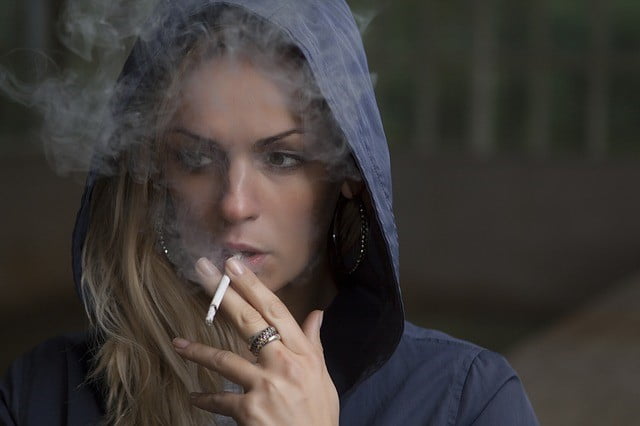
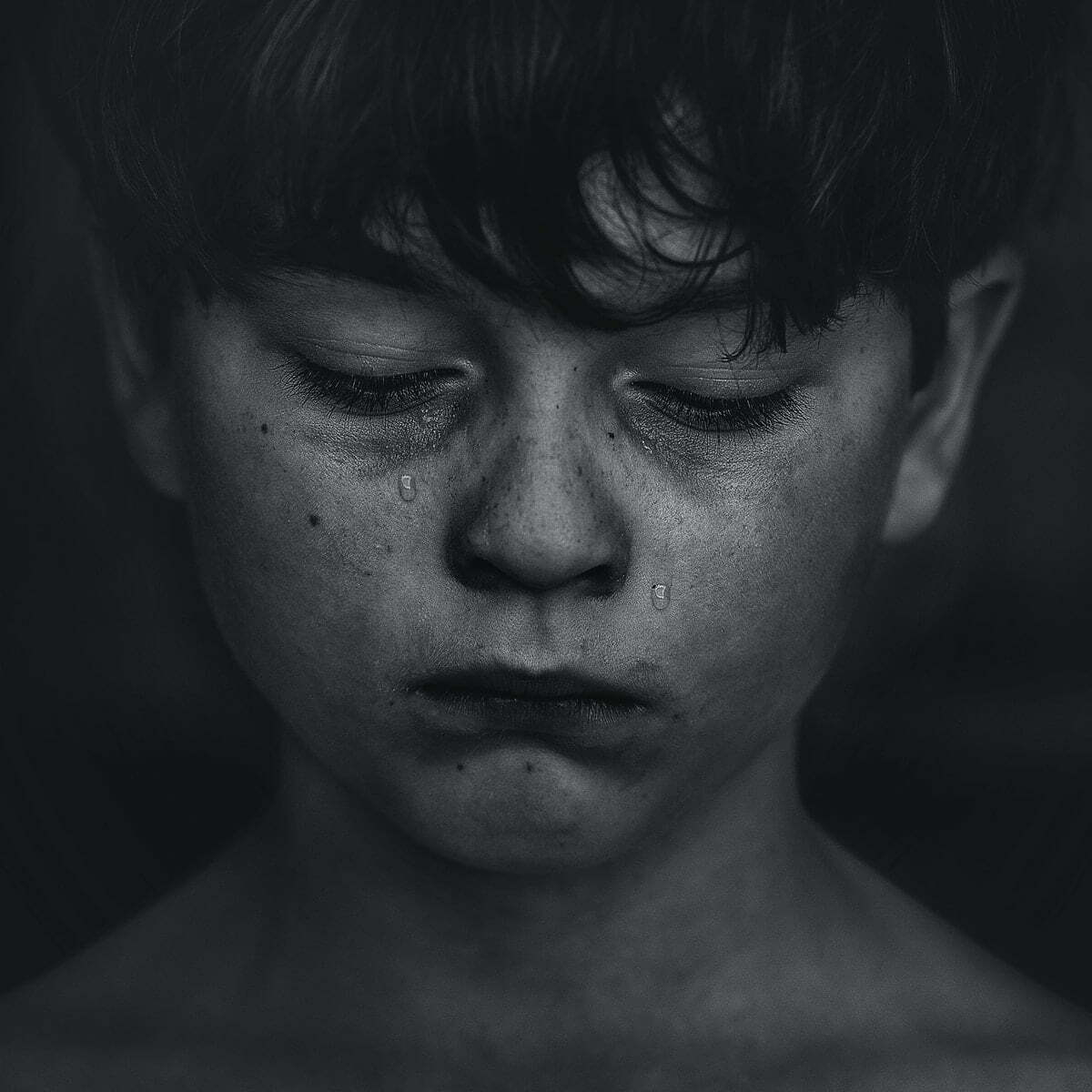

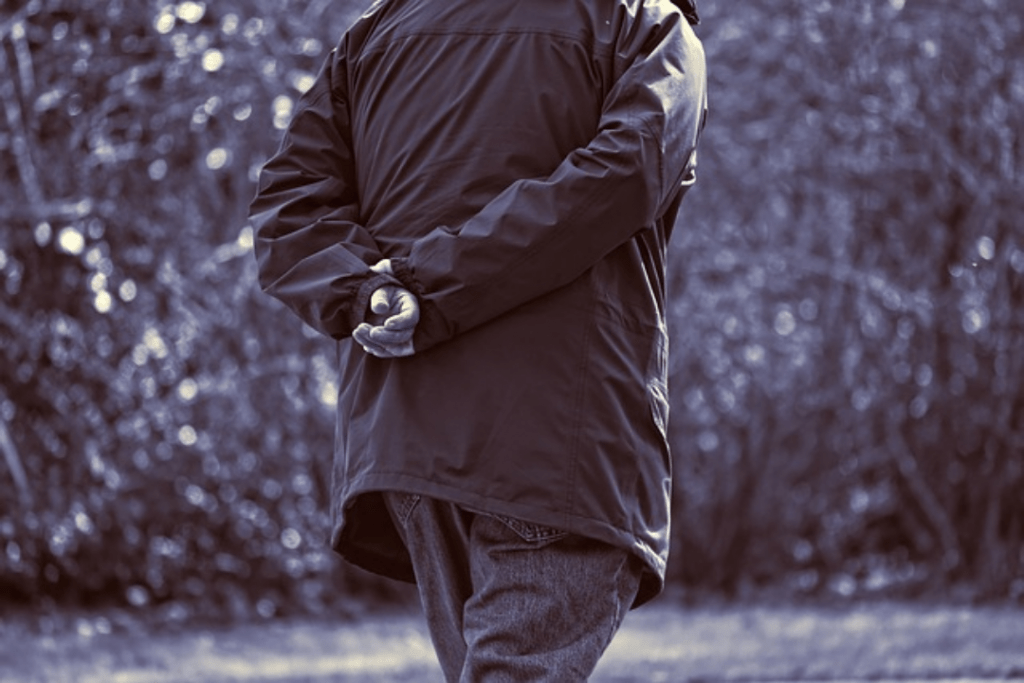
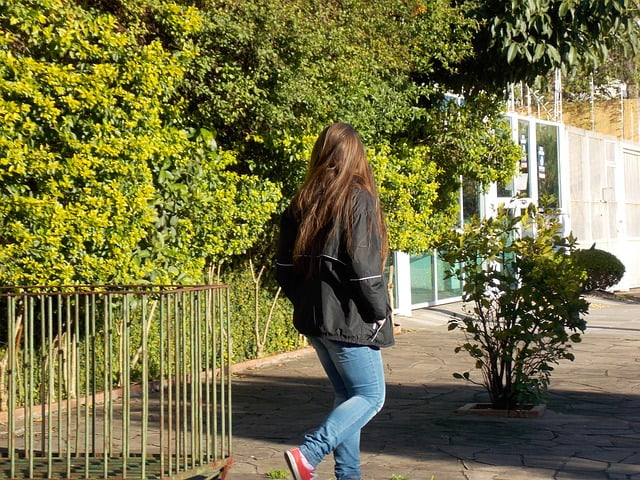
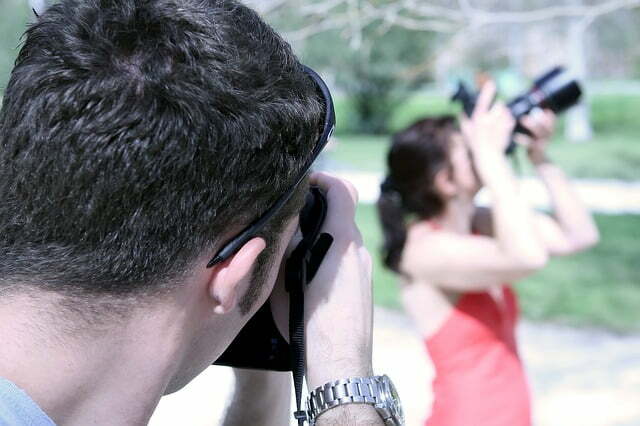
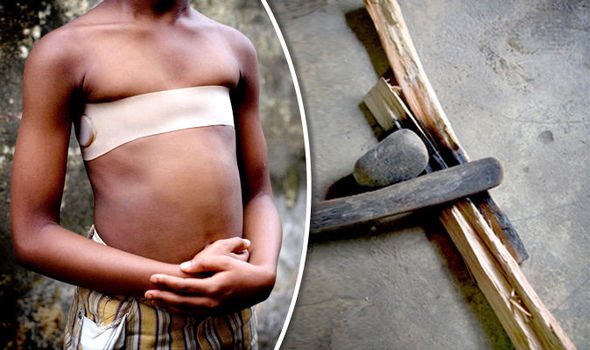
Thanks for this detail.